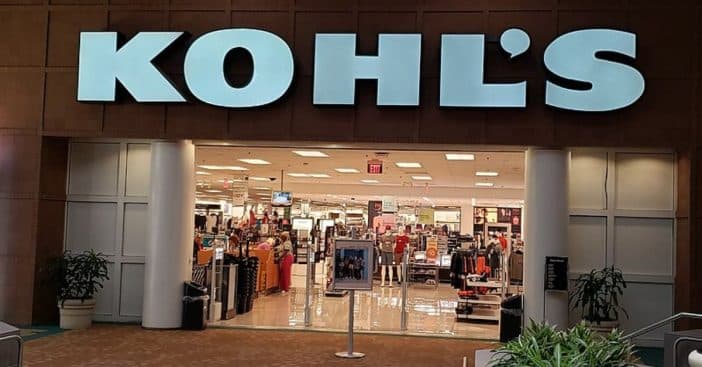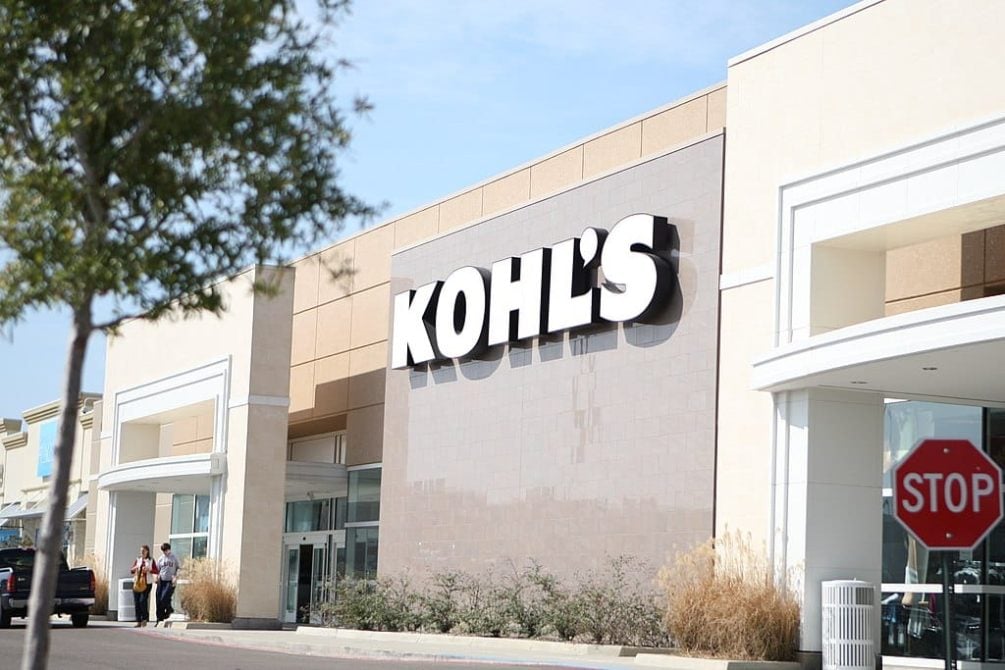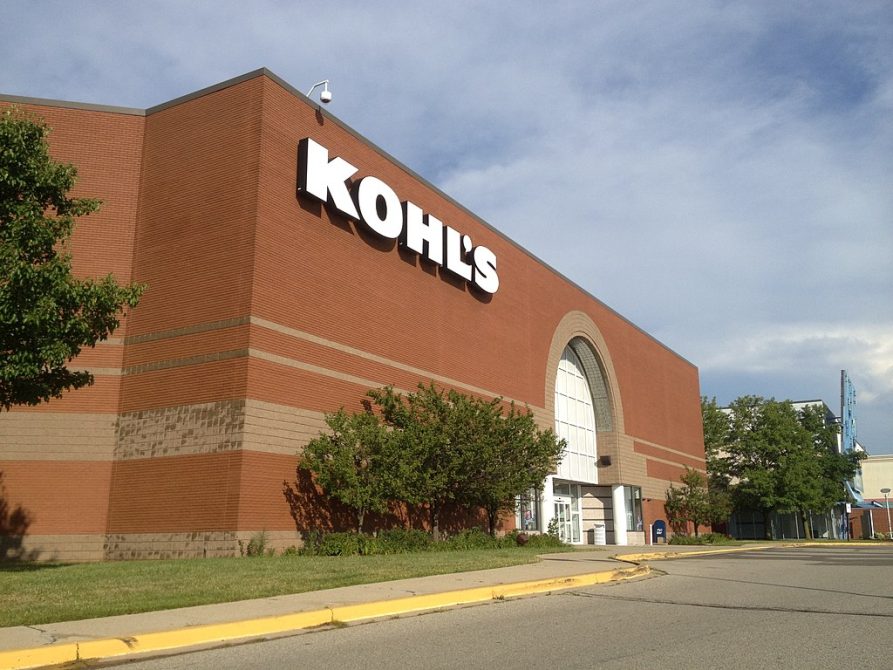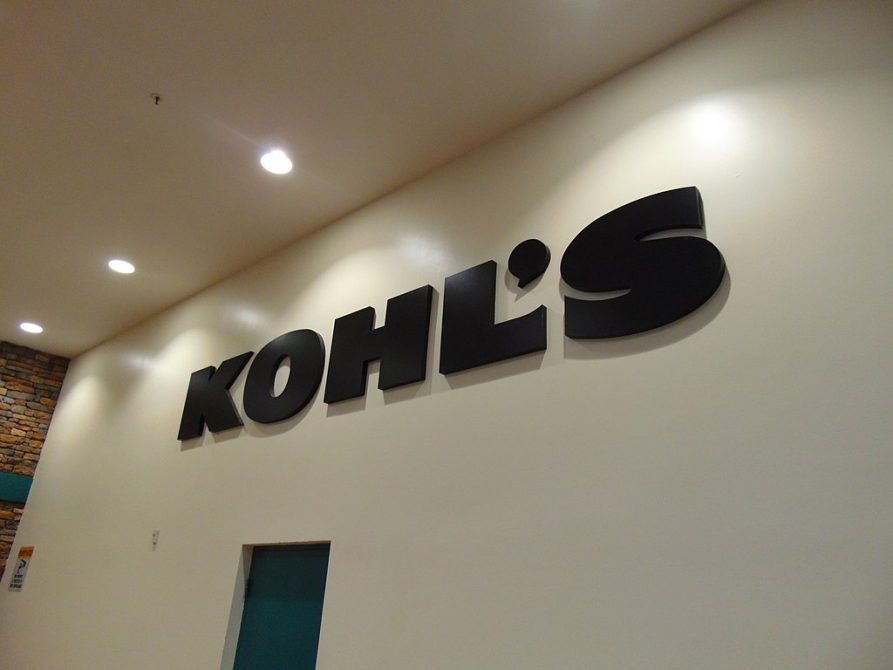
Recent economic trends and the ripple effect of frequent lockdowns in a manufacturing country like China have caused a dip in the revenue and profits of stores like Kohl’s. The department store retail chain– Kohl’s saw its stock price plummet and drop to a low 5.1X TTM P.E ratio.
The economic downturns and disadvantages of this department retail store, which has struggled to stay afloat over the years, continue to increase. Would Kohl’s be able to survive this plunge and bounce back better soon?
Factors causing the department store’s profit dip

Lower economic demand caused by the soaring interest rates has caused a significant drop in the earning margins of the retail chain. Because of the decline in consumer retail demand, Kohl’s inventory does not move as fast as it should for profit, and as a result, the cash inflow is hampered. Also, the rising cost of production and efforts to keep items affordable, causing their profits to decline. Sadly, the company seems to be hit on every side as even delivery is more expensive to maintain due to higher gasoline costs in the USA.
RELATED: Kohl’s Now Claiming It’s No Longer A Department Store
Kohl’s also faces expenditure challenges in wage payments, running costs, tax, and rising utility bills, causing them to have a disadvantage over competing retail chains due to the higher selling costs; however, despite the economic difficulties Kohl’s currently facing, its share in the market widens with some competitors declaring bankruptcy.
What lies ahead for Kohl’s?

From many investors’ perspectives, there is hardly much hope in sight for Kohl’s as the expense-to-sales ratio continues to surge. Like many other wise investments, the dipping stock price seems a good time to buy in, but investors fear a “value trap” situation. Although the department store company has a lot of potential, its value traps continue to eclipse. The company is in high debt and, having recently lost its investment grade credit rating, the interests to offset increases, catching up with subsequent profits.
However, in the midst of the pressures the company currently faces, some investors have also demanded the replacement of the company CEO, Michelle Gass and board Chairman, Peter Boneparth, on the grounds of poor execution and management, in hopes that a better substitute will save what is left of the company. However, this hardly poses a viable solution because Kohl’s is mostly affected by external and cyclical factors, plus its disadvantaged business model compared to its competitors.

A possible way out is if the department store considers selling some assets to evade bankruptcy and bounce back, even though the likelihood of a perfect recuperation is very slim. Most banks relaxed some grip on covenants in 2020 due to inflation, economic decline, and international trade crises brought about by the pandemic, but there is a tendency that Kohl’s will face a breach of covenant, which will be met with less leniency in the coming years.
